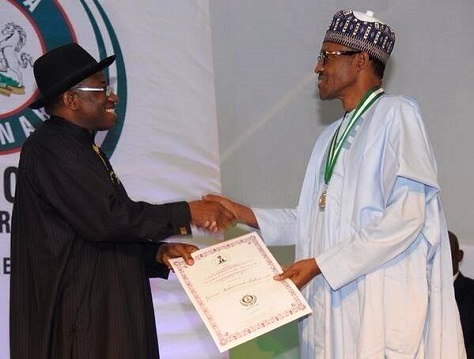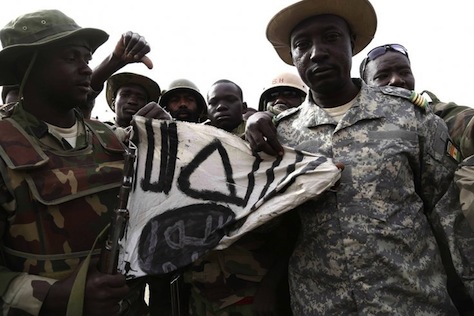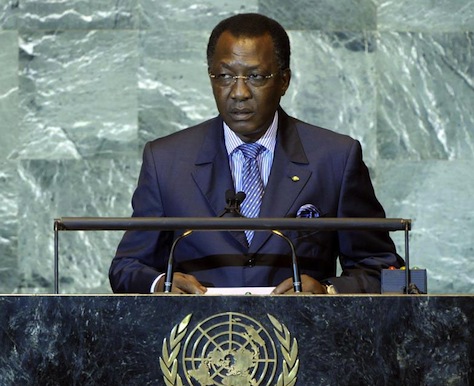
It was something of a surprise to Nigerians to learn that their president was well enough to discuss global matters with US president Donald Trump on Monday, as much of the country has wondered for weeks if Nigeria’s leader is on his deathbed. ![]()
Muhammadu Buhari, a longtime opposition figure who defeated sitting president Goodluck Jonathan in March 2015, on a promise to curtail widespread corruption, left Nigeria for a holiday in London on January 19. But he has not yet returned, pending the results of medical tests. His administration is incredibly opaque about the nature of Buhari’s illness and his medical tests, and in the absence of any real information about the president’s health, Nigerians are increasingly speculating that Buhari is being treated for grave illness or possibly already dead, at a time when Buhari’s administration is struggling to cope with economic and security challenges.
Buhari, in a cryptic letter on February 5, said that he would stay in London indefinitely ‘until the doctors are satisfied that certain factors are ruled out.’
No one knows whether Buhari scheduled the original London holiday in January for medical reasons, but it’s noteworthy that the 74-year-old Nigerian president skipped trips to neighboring African countries last summer while he made time for a 10-day trip last June to see his London-based doctors about an alleged ear infection.
Nevertheless, Buhari is apparently healthy enough to take a call from Trump, and a Buhari aide said that the new US president had kind words for Buhari’s work in tackling Boko Haram and other radical terrorist groups in Nigeria. Insofar as the presidential call provided Nigerians with some secondhand news as to the health of their president, the news is perhaps one of the nascent Trump administration’s top foreign policy accomplishments. Continue reading Buhari takes Trump call from London as Nigerians ponder president’s health



